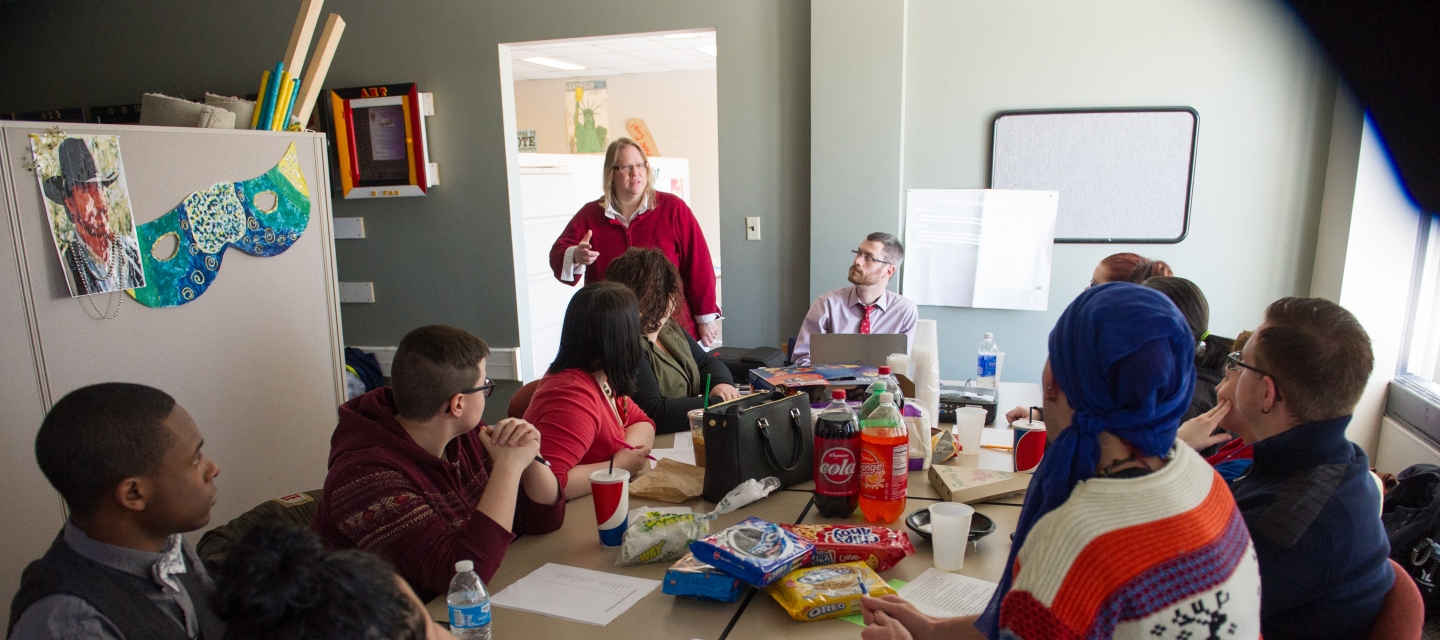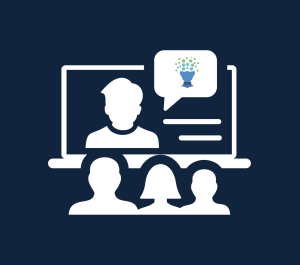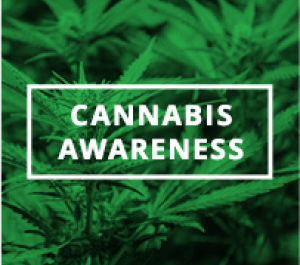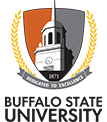
The Counseling Center offers workshops designed to assist students with personal growth and development. These workshops teach valuable skills to help students achieve personal and academic success from their first semester on campus all the way to graduation and beyond. In addition to open workshops, the Counseling Center meets with student groups/organizations, classes, faculty/staff departments, and community groups. Workshops might be in person, via MS Teams, or using whatever medium works best to answer any questions or consult.

BetterMynd Wellbeing Workshops
Buffalo State University is partnered with BetterMynd, an online therapy platform, to offer students access to free teletherapy sessions from a diverse network of licensed mental health counselors. Plus, Buffalo State students have unlimited access to a variety of monthly workshops! Students attend these via video on BetterMynd's platform after a simple registration process. They are convenient, free, and unlimited, even for students who aren't using Bettermynd's individual counseling sessions.
Examples of workshop topics include:
- Understanding Stress & Anxiety in College Life
- How to manage your thoughts
- How to Overcome Failure
- Effective Communication
- Say Yes to Boundaries and No to Stress
- Burnout Prevention
- Defining Your Personal Values
- How to Stop Sabotaging Yourself + Achieve Your Goals
- Stop Procrastinating + Get More Done
New workshops are added every month here: https://event.bettermynd.com/upcoming-workshops

Question, Persuade, Refer (QPR)
QPR training is designed to teach people how to recognize someone who may be in emotional distress or having suicidal thoughts, and how to appropriately engage and connect that person to resources that can help. Anyone can practice QPR in any setting, and it is appropriate in all relationships. QPR does not require clinical training, only a willingness to listen, care, and help.
For more information about what QPR training is like and why it is effective, visit the QPR Institute here: https://qprinstitute.com/about-qpr
Several Counseling Center staff at certified QPR trainers. We frequently meets with groups to train them on the QPR protocol, then debrief and discuss applying QPR skills in their unique settings. If your department or team is interested in a live QPR training (or any other consultation or training) with a member of the Counseling Center staff, contact us at 716-878-4436 or counselingcenter@buffalostate.edu.
There is also free online QPR training available here: https://thegivingkitchen.org/qpr

Cannabis Screening and Intervention for College Students (CASICS)
CASICS is a brief motivational intervention for students struggling with Cannabis use. This program is provided upon request.
Marijuana use among college students is the highest it has been in 35 years and is associated with negative physical, mental/emotional, relational, and academic effects. With marijuana becoming legal in New York State, there can be a lot of conflicting messages and confusion about the risks of use and many students may find that their marijuana use is having a harmful effect on their lives.
CASICS is a two-session, interview-based intervention where students are provided information on the impact of cannabis use, explore personalized feedback and recommendations based on their own experiences, set goals related to their use, and identify ways to minimize the impact of marijuana on their lives.
To learn more about CASICS, contact the Dean of Students office and ask to speak with Dr. Ashley Maracle: (716) 878-3006 or deanofstudents@buffalostate.edu.
It’s Complicated: Grief after 2020
This workshop focuses on grief associated with current events, including but not limited to the COVID-19 pandemic, increasing media/national attention to systemic racism and police brutality, individual instances of discrimination, decreasing access to social supports, and the transition to distance learning.
Students will be able to:
- Identify the impact of grief on their individual lives
- Understand that the grieving process is non-linear and individualistic in nature
- Identify at least 3 self-care strategies to cope with grief

Beat Stress for Academic Success Workshop:
This 50-minute workshop focuses on the top three factors that disrupted academic performance: stress, anxiety, and sleep difficulties.
A social worker from the Weigel Wellness Center will help participants learn healthy ways to predict and cope with stressful times in the academic year, mental and behavioral ways to reduce anxiety, and small ways to change one’s habits and environment to improve sleep.
For more information, contact the Counseling Center at 716-878-4436.

Supporting Communities of Color
This workshop focuses on exploring the impact of current events on marginalized communities. This program will take an intersectional approach to identifying the various ways that these communities are uniquely affected by national crises including racism. Additionally, facilitators will offer strategies for self/community care aimed at improving and maintaining mental wellness.
Creating Routine to Support Distance Learning
This workshop provides effective tools to increase routine and motivation for remote learning and directs students to additional resources for virtual academic support.

LGBTQ+ Cultural Competency Training
This workshop encourages support for sexual and gender minority individuals and creating safe, affirming spaces for dialogue surrounding sexuality and gender. Participants learn some relevant vocabulary and history, discuss sexual and gender orientation, identities, and the coming out process, participate in discussion and activities to help them understand the information in a meaningful way, and identify ways to continue supportive advocacy beyond the workshop.

